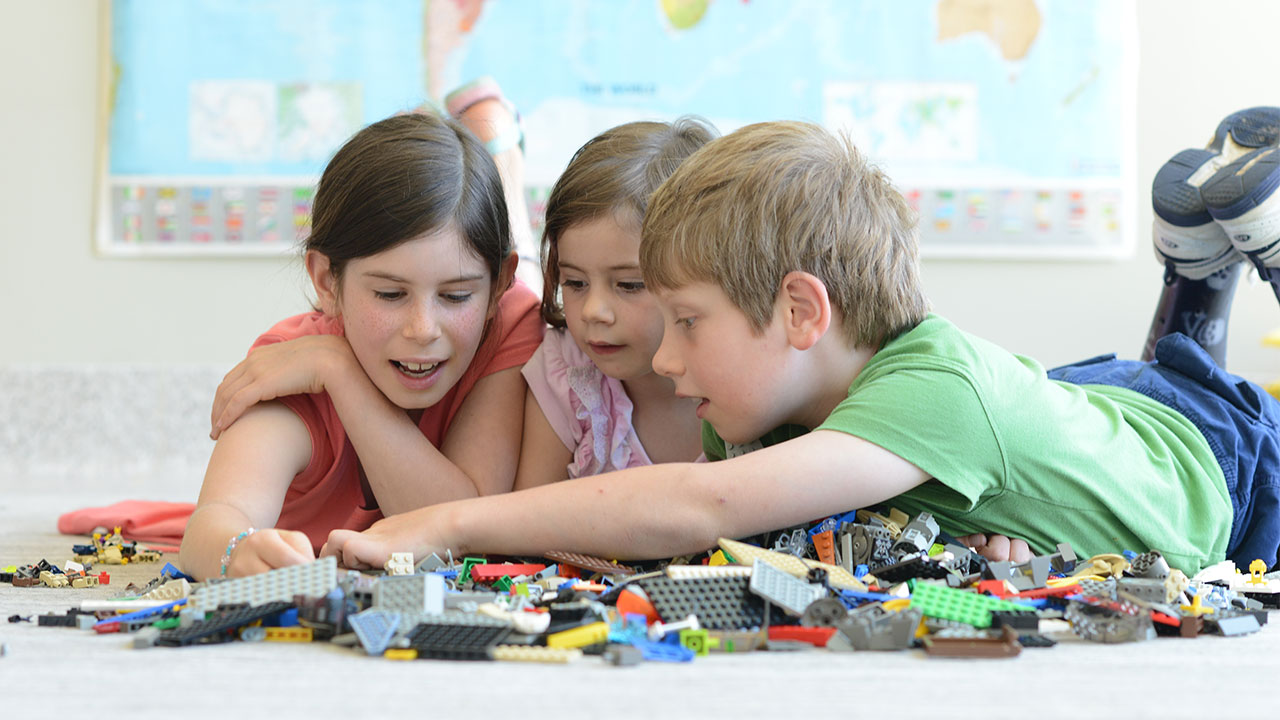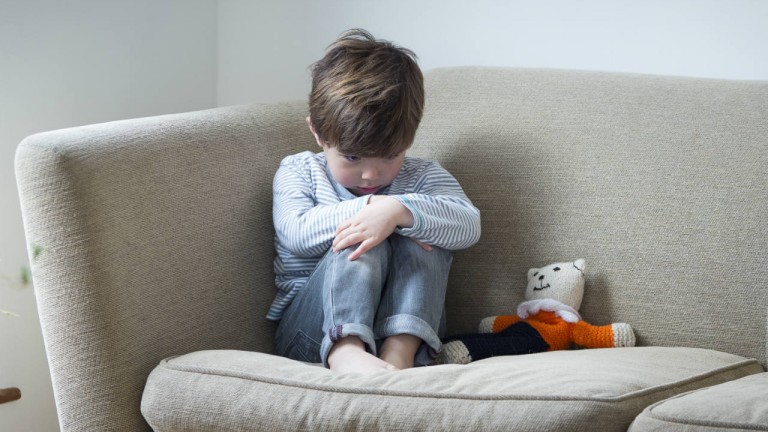An Overview of Child Psychology
Child psychology is the study of children’s conscious and unconscious development. To rightly understand children’s mental development, child psychologists study how they interact with their parents, the external environment, and themselves.
Why should every Parent or Guardian be aware of its Importance?

Everyone wants their kid to develop healthily, but it’s not always clear if a child’s conduct is an indication of an anomaly or a symptom of a typical developmental stage. A parent can better understand the distinction with the aid of child psychologists. Understanding a child’s typical and aberrant psychological patterns can help parents better connect and communicate with their children, teach them coping skills for handling emotions, and support their development through each new developmental stage.
Additionally, child psychologists can assist children in identifying atypical behaviors early on, finding the source of typical behavioral problems like hyperactivity, learning difficulties, or anxiety, and assist them in resolving early childhood trauma. They can also aid in the assessment, prevention, and diagnosis of diseases like autism as well as learning difficulties, mental health issues, and developmental delays.
Understanding the Connection between Child Psychology and Mental Health

Serious abnormalities from how kids usually behave, learn, or manage their feelings are known as mental disorders in children. These deviations create distress and make daily tasks difficult. Many kids periodically suffer anxiety, worry, or act out in disruptive ways. The child may be diagnosed with a mental condition if their symptoms are severe, persistent, and interfere with their ability to perform at play, at home, or at school.
The absence of a mental disease does not only constitute mental health. Children suffering from the same recognized mental illness may have strengths and weaknesses in how they are developing and coping, and also differences in their quality of life, depending on whether they have a mental disorder or not. Understanding how well kids are doing can be done in two different ways: looking at mental health as a continuum or looking for specific mental diseases.
The Common Childhood Mental Disorders include:

ADHD, anxiety (fears or anxieties), and behavior disorders are some of the more prevalent mental illnesses that can be identified in children.
Autism, learning and developmental difficulties, as well as risk factors including substance abuse and self-harm, can all affect how children learn, behave, or manage their emotions.
Symptoms of Mental Illness in Children
Symptoms in kids depend on the mental illness type, but a few of the regular or common symptoms are:
- Failure to cope with daily activities and problems
- Abuse of alcohol and/or drugs
- Unnecessary Complaints of physical sicknesses
- Changes in eating habits and/or sleeping
- Frequent anger outbursts
- Disobeying authority, damaging property, stealing, or skipping school
- Strong fear of weight gain
- Constant nightmares
- Impact on school performance, such as poor grades despite hard-work
- Hallucinations
- Prolonged negative moods, often escorted by thoughts of death and poor appetite
- Loss of interest in daily activities and friends they usually enjoy
- Excessive anxiety or worrying
- Major increase in loneliness
- Hyperactivity
- Disobedience and Aggressive Behavior
Impact of Mental Disorders in Children

Children’s overall health depends on their mental well-being. Mental disorders are long-lasting, frequently persistent health issues that might last the entirety of a person’s life. Children with mental disorders may experience difficulties at home, in school, and in making friends if early diagnosis and treatment are not received. Mental illnesses can also obstruct a child’s normal growth, which can lead to issues that last into adulthood.
Treating Mental Illness in Children

Similar to many other chronic medical conditions like diabetes or heart disease, mental problems also call for constant care. Although there has been a significant advancement in treating adults with mental problems, less is known about treating children. The best treatments for different childhood diseases are still being researched by specialists. For the time being, many of the therapy choices and drugs used on children are also used on adults, but with differing dosages.
The common treatment options include:
- Medication: Antipsychotics, anti-anxiety medications, antidepressants, stimulants, and mood stabilizers are among the medications frequently used to treat mental illnesses in children.
- Psychotherapy: The psychological response to mental disease is addressed in psychotherapy. It is a procedure whereby qualified mental health experts assist patients in coping with their condition, frequently by discussing approaches to comprehending and managing their symptoms, thoughts, and behaviors. The supportive, interpersonal, cognitive-behavioral group and family psychotherapies are frequently working with kids.
- Creative Therapies: Some therapies like play therapy or art therapy, may be beneficial, especially for small children who may have difficulty expressing their emotions.
Side Effects of Treatment (Mental Illness)
The adverse effects of various medications vary, and certain treatments are intolerable to some kids. The FDA-approved pharmaceuticals for treating pediatric mental illnesses are generally regarded as safe, although the doctor may need to adjust the pills or dosages to reduce side effects. It could take some trial and error to determine the drugs that are most effective for certain kids.
Avoiding Mental Disorders in Children – Is it Possible?
The majority of mental illnesses are brought on by a variety of events and cannot be avoided. However, many of the stressful and incapacitating effects of a mental condition may be averted or at least lessened if signs are identified and therapy is initiated early.
Ongoing Research on Mental Disorders in Kids

The majority of studies on mental illness have focused on adults to date. The mental health community is now concentrating on childhood mental disorders, though. In order to understand how dynamics impacting development can have an effect on mental health, researchers are examining childhood development in terms of what is normal and abnormal. The objective is to attempt to predict and, in the end, avoid developmental issues that might result in mental disease. The discovery of risk factors that raise a child’s likelihood of having a mental disease is a crucial aspect of this research. The mental health community is also urging more investigation into the drugs used to treat kid patients with mental illnesses.
Wrap Up:
In the modern world, child psychology and childhood psychology both hold a significant position. Child psychology examines how children grow physically, socially, emotionally, cognitively, and in other ways. They identify any underlying concerns or issues the child may be having. A child psychologist visit is quite common. Every parent must know about child psychology and be in contact with an expert in order to determine whether their child is maturing normally for their age and whether they are experiencing any problems. This will aid parents in knowing their children better and in understanding child psychology.

